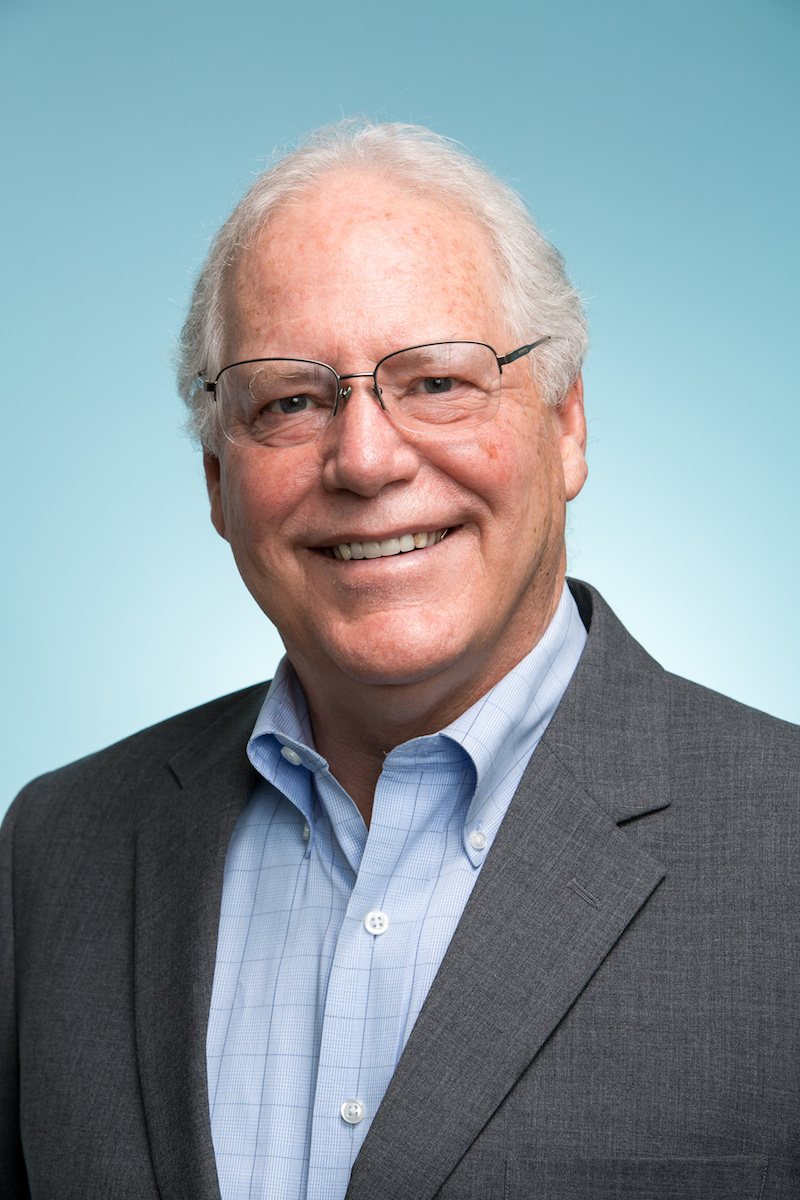In today’s technical and media saturated environments, many people take pride in their ability to juggle several things at once. They believe that they can focus effectively on a number of tasks at the same time. However, whatever job they may be attempting to do, their full attention will be disrupted by a wide variety of competing distractions. These include electronic devices, cell phones, computer screens, T.V., emails, Facebook, text messages, Instagram, and face-to-face conversations.
Numerous scientific studies have proven that trying to concentrate on more than one thing at a time causes real problems. Drivers using cell phones were involved in more rear end collisions than intoxicated drivers. One study of American businesses determined that $650 billion was wasted yearly due to inefficiency, lower productivity, and errors caused by multitasking. Recent research at Stanford proved that even college students are no better performing simultaneous multiple tasks than the rest of us.
The prefrontal cortex is the most advanced part of the human brain, responsible for focusing and shifting attention. The prefrontal cortex is also responsible for executive functioning, which involves complex planning and decision-making. However, the prefrontal cortex can only attend to one thing at a time. Attempting to focus on several things at once will overload your prefrontal cortex, causing divided attention, inattention, or no attention at all. No matter what you are attempting to accomplish, this will cause problems most of the time.
The one exception involves certain physical activities that can be performed automatically without conscious thought. This is why Olympic athletes, professional musicians, and real jugglers repeat their specific physical motions over and over. They practice for at least 10,000 hours so they can perform their skills without engaging their prefrontal cortex.
If you need to consciously think and plan complex activities that do not involve “muscle memory,” there are several things you can do.
First of all, unless you are an Olympic athlete, experienced musician, or real juggler, you can accept that you can only focus on one project at a time, and only for a limited amount of time. Prioritize your current list of things that need to be done. Think about the demands of the various tasks, taking all the relevant details into account.
Then identify what is the most urgent and important thing that needs to be done at the present time.
After choosing the task that makes the most sense and feels right to work on, decide on how long you will focus on the task. Then close your eyes for a moment. Take a few deep breaths to quiet your executive functioning brain and momentarily detach from your otherwise distracting environment.
Try to vividly imagine yourself accomplishing every step of the task from beginning to its successful completion.
After working through everything in your mind, open your eyes and direct your full attention to the job in front of you. Continue doing what you have already mentally rehearsed until it is done, or until you need to stop or shift to focus your full attention on the next important task. As you do so, remember the Zen maxim, “When walking, walk; when eating, eat.”
These steps will help you learn the most effective way to handle complex activities, whether you’re working on two projects simultaneously for work or switching between reading several different books. You won’t be able to truly multitask, but you’ll master the skills you need to tackle complex projects involving multiple steps and types of focus.
Follow us here and subscribe here for all the latest news on how you can keep Thriving.
Stay up to date or catch-up on all our podcasts with Arianna Huffington here.


